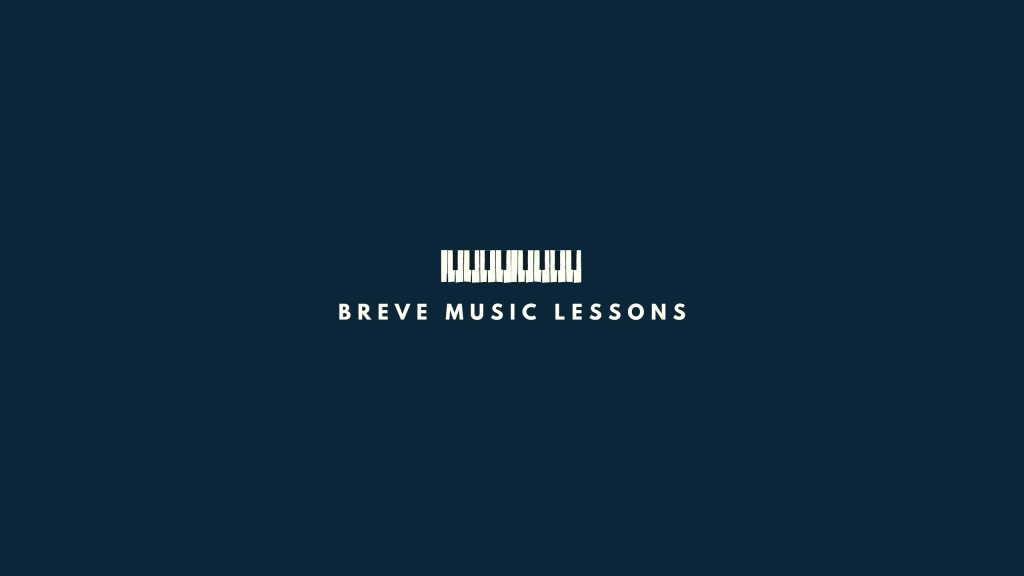Table of Contents
What I Wish I Knew Before Starting a Record Label
Introduction
Starting a record label is a rewarding, if challenging, endeavor. It’s a journey where your vision can shape the music industry, and as I’ve learned, there are plenty of lessons along the way. Here’s what I wish I’d known before diving into the world of music production and promotion.

What I Wish I Knew Before Starting a Record Label
1. Finding Your Niche
One of the first lessons I learned was the importance of selecting a genre to focus on. A specific niche can help guide everything from artist selection to branding and marketing. Whether it’s hip-hop, jazz, pop, or another genre, defining your label’s identity keeps your efforts cohesive. Early on, I wanted to work across genres, but I realized that starting with a focused sound made it easier to reach an audience who knew what to expect from our releases.
2. Deciding Between Your Own Music and Signing Artists
At the outset, you’ll need to decide if your label will be a platform for your music alone or if you’ll sign other artists. For me, the goal was initially to showcase my own creations, but as I grew, I became interested in collaborating with other musicians. Expanding beyond your own music means creating a process for finding and connecting with artists, including setting clear guidelines around royalties and ownership rights. This step was one of the most challenging, as each artist’s situation is unique and requires a tailored agreement to ensure both parties benefit.
3. Building Relationships and Reaching Out to Artists
If you plan to work with other artists, you’ll need a solid strategy for outreach and relationship-building. When I started reaching out to potential artists, I quickly saw the value of a system for tracking communication and organizing contracts. Drafting agreements that cover royalties and ownership can prevent misunderstandings and make sure everyone involved is clear on terms. From my experience, transparency is key—talk openly with artists about rights, revenue splits, and long-term goals.
4. Mastering Music Marketing
Marketing is one of the most critical aspects of a successful label. I’ve tested various strategies to find what resonates best with each release, including digital channels like social media and traditional marketing techniques like radio. Aiming for consistency across all platforms is essential, but focusing on one or two channels can be especially beneficial when promoting new releases. My approach has been to refine our strategy over time, staying flexible to experiment with new ideas but keeping the most effective methods in place for each artist or album.
5. Planning for Touring and Live Performances
For artists who perform live, managing tour logistics is essential. I wasn’t fully prepared for the complexities involved in booking venues, arranging travel, and promoting each show. If you’re working with a touring musician, having a clear plan for each aspect—contracts, travel arrangements, and budgeting—will save a lot of time and headaches. In my experience, this planning has become invaluable, as live shows are one of the best ways to build an artist’s following and bring their music directly to fans.
Final Thoughts
Starting a record label is a huge commitment, filled with learning curves and creative breakthroughs. These lessons have shaped my journey, allowing me to build a label that reflects my vision while creating opportunities for artists to grow. I hope these insights help anyone looking to dive into this exciting industry. If there’s one takeaway, it’s this: stay flexible, be patient, and always prioritize the music.
Additional Reading
More blog posts can be found here. Consider following Breve Music Lessons on Facebook and listening to the Breve Music Podcast.
